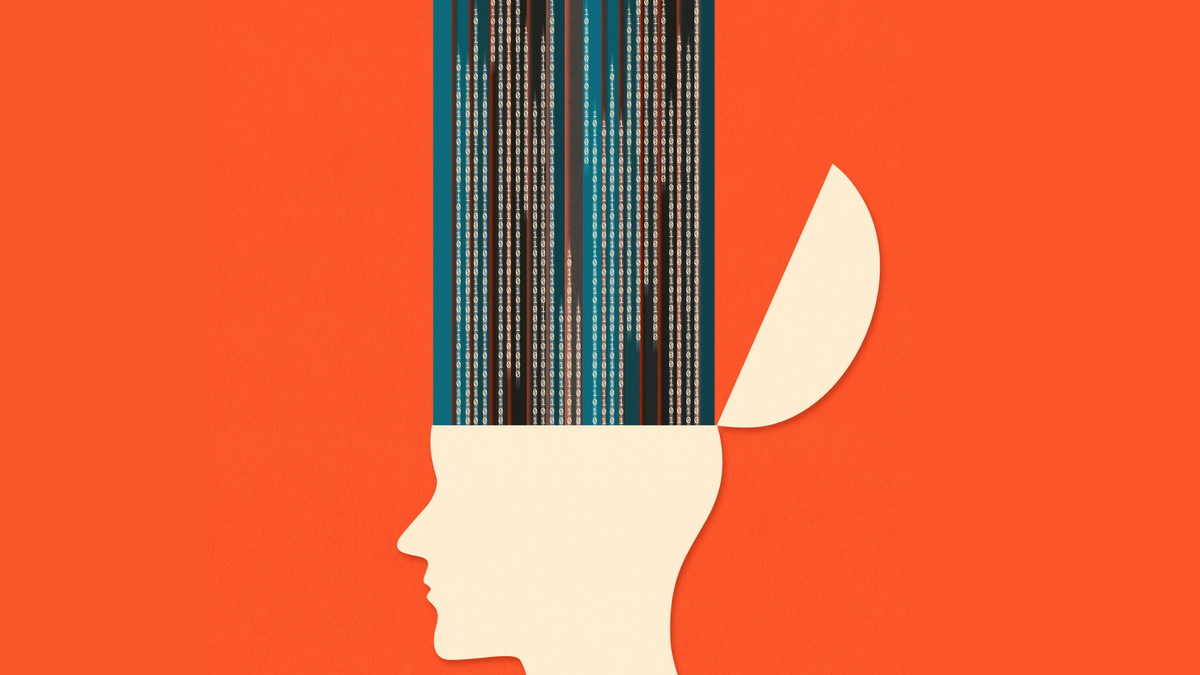Now Reading: Study Reveals AI’s Biases and Overconfidence Mirror Human Flaws
-
01
Study Reveals AI’s Biases and Overconfidence Mirror Human Flaws
Study Reveals AI’s Biases and Overconfidence Mirror Human Flaws

Quick Summary
- A study published in the journal Manufacturing & Service Operations Management reveals AI systems like ChatGPT exhibit common human decision-making biases nearly half the time.
- Researchers from Canadian and Australian institutions tested GPT-3.5 and GPT-4 across 18 cognitive biases widely studied in human psychology.
- GPT models are consistent in reasoning but show biases similar too humans, such as risk aversion, overconfidence, and confirmation bias.
- While GPT-4 performs better than GPT-3.5 on mathematical problems with clear solutions, it still mirrors irrational preferences when dealing with subjective or ambiguous tasks.
- The study highlights ChatGPT’s tendency towards safer outcomes and sometimes amplifying irrational errors seen in humans (e.g., hot-hand fallacy).However, it avoids other common human traps like sunk-cost fallacy and base-rate neglect.
- These behaviors originate from training data containing human biases reinforced during fine-tuning based on feedback preferences for plausible responses rather than strict rationality.
Image illustrating AI cognition (Credit: SEAN GLADWELL/Getty Images)
Indian Opinion Analysis
This study holds meaningful relevance for India’s expanding adoption of AI technologies across industries like healthcare, education, governance, manufacturing, etc. the findings caution users against blindly trusting AI systems to make complex or strategic decisions without oversight due to their susceptibility to replicating flawed human thinking processes.
For India’s policymakers and business leaders leveraging generative AI tools for operational efficiency or decision-making guidance, it reinforces the need for careful calibration of use cases that are formulaic versus subjective in nature. Clarity around training datasets must also be prioritized to mitigate inherent biases reflective of cultural assumptions embedded within data sources.
Furthermore, emphasizing ethical guidelines can help India avoid risks associated with amplifying societal inequities through automated yet imperfect reasoning models-a necessity as AI plays a larger role in public-facing services.
Read More: Study Showing Biases In ChatGPT Performance
























